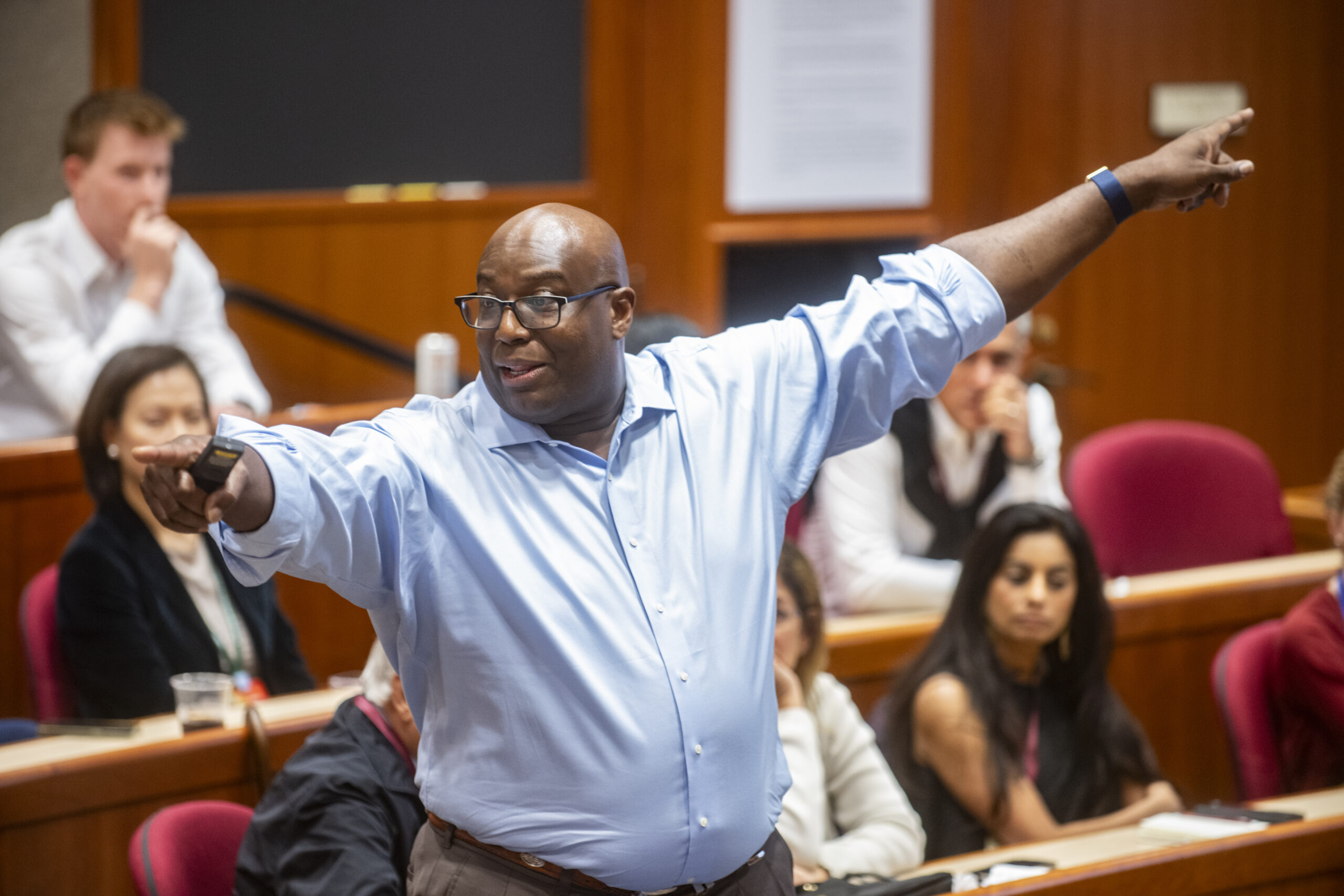
Ten months ago I arrived at HBS hoping to answer a question: How can I use business management skills to expand economic opportunity to those who need it most? This summer, with the support of the HBS Social Enterprise Summer Fellowship, my internship at Women’s Bean Project in Denver is helping me find an answer.
Women’s Bean is a social enterprise that makes packaged food products while employing women who face barriers to employment. Many of the employees are recovering from addiction, reentry citizens, and victims of domestic violence. The women spend nine months at Women’s Bean getting back on their feet and learning how to hold a stable job on the production floor making soup mixes, baking mixes, and other dry good products. At the end of the program, Women’s Bean helps participants find full-time employment.
I found my internship through the Roberts Enterprise Development Fund (REDF), a venture philanthropy organization that invests in employment-based social enterprises. As part of their Farber Internship Program, REDF places MBA students in portfolio organizations, like Women’s Bean, to apply our business skillset to strategic projects. I am working on a variety of projects this summer, but the bulk of my time is spent developing an ecommerce strategy to drive topline growth through digital channels. I find myself drawing heavily on my pre-HBS work experience in management consulting and corporate strategy for a consumer packaged goods (CPG) company, as I work to help Women’s Bean develop a more commercially-oriented approach to their business while maintaining their mission.
So far my summer experience has raised more questions for me than answers, but some insights have emerged:
While these challenges are immense, there is so much potential upside if we can get this right. Given today’s tight labor market, the time is now for employers to consider expanding job opportunities to those they may have excluded in the past. And social enterprises like the Women’s Bean Project show that with the right support, individuals with difficult pasts can thrive as employees. My experience at Women’s Bean is motivating me to keep exploring these challenges at HBS and beyond.